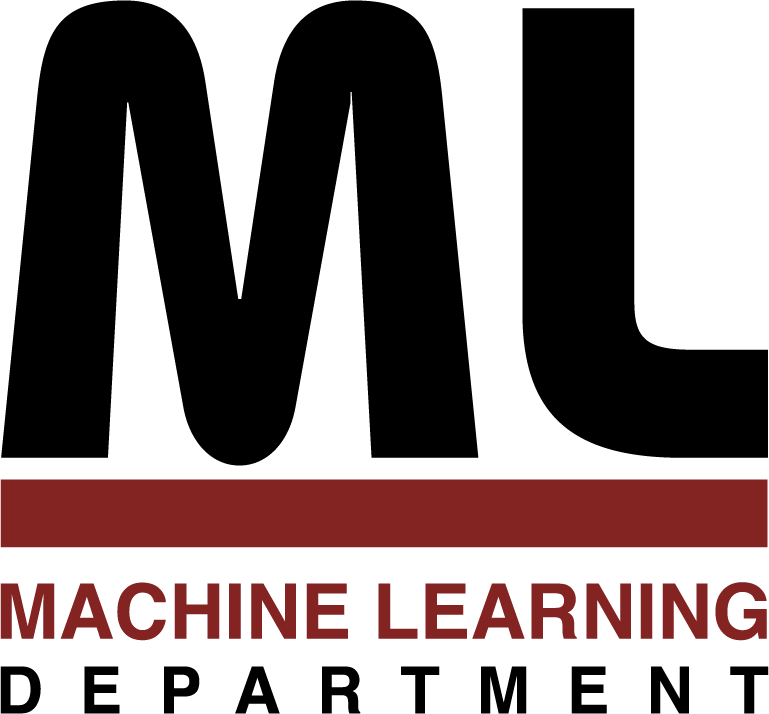
Machine Learning Department
School of Computer Science, Carnegie Mellon University
Learning with Limited Supervision by
Input and Output Coding
Yi Zhang
May 2012
Ph.D. Thesis
Information about the input space can be encoded by regularization. We first design a semi-supervised learning method for text classification that encodes the correlation of words inferred from seemingly irrelevant unlabeled text. We then propose a multi-task learning framework with a matrix-normal penalty, which compactly encodes the covariance structure of the joint input space of multiple tasks. To capture structure information that is more general than covariance and correlation, we study a class of regularization penalties on model compressibility. Then we design the projection penalty, which encodes the structure information from a dimension reduction while controlling the risk of information loss.
Information about the output space can be exploited by error correcting output codes. Using the composite likelihood view, we propose an improved pairwise coding for multi-label classification, which encodes pairwise label density (as opposed to label comparisons) and decodes using variational methods. We then investigate problemdependent codes, where the encoding is learned from data instead of being predefined. We first propose a multi-label output code using canonical correlation analysis, where predictability of the code is optimized. We then argue that both discriminability and predictability are critical for output coding, and propose a max-margin formulation that promotes both discriminative and predictable codes.
We empirically study our methods in a wide spectrum of applications, including document categorization, landmine detection, face recognition, brain signal classification, handwritten digit recognition, house price forecasting, music emotion prediction, medical decision, email analysis, gene function classification, outdoor scene recognition, and so forth. In all these applications, our proposed methods for encoding input and output information lead to significantly improved prediction performance.
132 pages
School of Computer Science